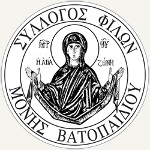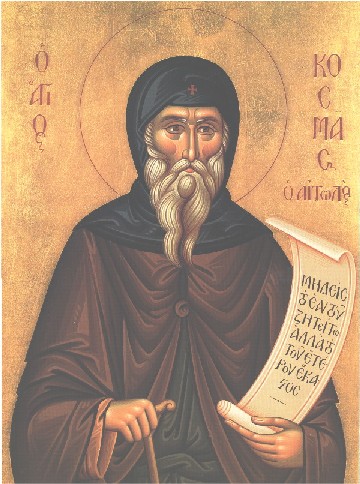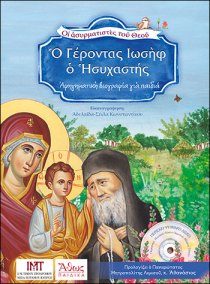by Hieromonk Damascene
A talk delivered at the Annual Lenten Clergy Confession of the New Gracanica Metropolitanate and the Western American Diocese of the Serbian Orthodox Church, Jackson, California, March 4/17, 2004.
The topic of today’s talk—what Christ accomplished on the Cross—is of course a prime subject of contemplation during the Lenten season, as we prepare to prayerfully commemorate Christ’s passion, death, and the inevitable consequence of His death: His holy Resurrection. As we call to mind and repent of our sins during the Holy Fast, we also call to mind that which has saved us from the eternal consequences of sin. We call to mind Christ’s life-creating death on the Cross, which He underwent for the salvation of each one of us.
The Orthodox dogma of our redemption—which includes the doctrines concerning Christ’s incarnation, death and Resurrection—is the chief dogma of our Faith, together with the dogma of the Holy Trinity. I have been especially contemplating and reading Patristic writings on this subject for a few years now. It is a vast subject. In this lecture I will try to outline its main points in a linear and chronological fashion. I will speak about the state of man before the Fall and after the Fall, and then speak about how Christ saved us from the consequences of the Fall through His incarnation, death and Resurrection. Finally, I will summarize all the present and future accomplishments of Christ’s redemptive work. Διαβάστε τη συνέχεια του άρθρου »














































